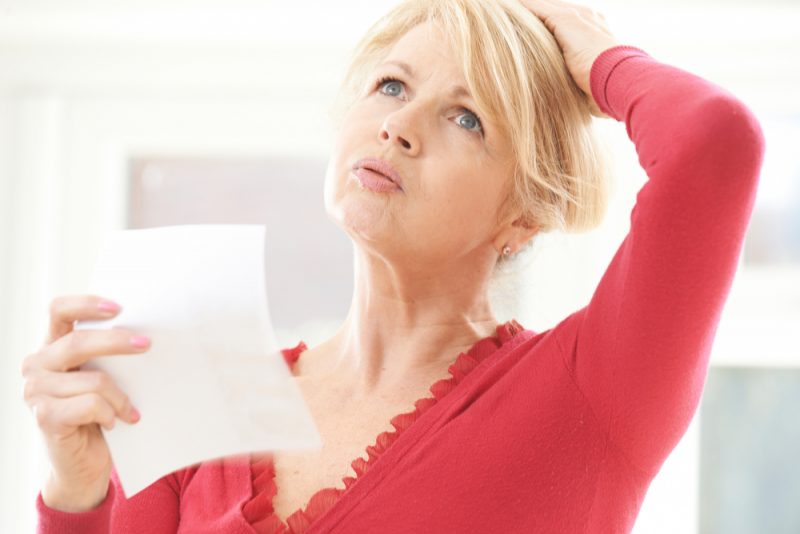Spring is here. The sun is shining and most of us are happy to feel its warmth, especially when going through this prolonged lockdown during quarantine. However, how does this experience change if you have menopausal symptoms?

Warmer weather can make you feel like your internal thermostat is on overdrive, and social isolation can also make some people feel anxious and lonely, increasing feelings of unease.
What happens to our bodies during menopause and this abrupt life change, and what kind of control do we have over how it affects not just our temperature, but also our emotional health and relationships?
What Happens During Menopause?
The natural transition from pre to post menopause involves a gradual decrease in estrogen that can take from two to eight years. The average age at which menopause occurs is 51 years.
Vasomotor symptoms are commonly known as hot flashes and can also include palpitations, sleep disturbances, mood swings, difficulty concentrating, decreased libido, and loss of confidence. Symptoms vary from person to person.
Many women report a similarity between how their mother went through menopause and their own experience, indicating that there is very likely a genetic predisposition to the way our bodies are programmed to respond.
While personal symptoms are something that we cannot completely change, there are many studies that suggest that the frequency and severity of these symptoms are heavily influenced by anxiety. Many women report that hot flashes cause embarrassment and vulnerability when experienced in public.
Some women felt compelled to explain their hot flashes or symptoms, and some avoided meeting new people or attending certain social situations. This highlights the importance of quality of life for women and how information, expectations, and coping strategies are so important to our overall quality of life.
In fact, some symptoms of menopause mimic the symptoms of anxiety: sweaty hands, palpitations, and flushing. Therefore, anxiety about hot flashes fuels the symptoms of hot flashes.
Reducing anxiety through self-management techniques, such as hypnotherapy, can have a positive effect on controlling symptoms, reducing the severity, frequency, and duration of hot flashes, as well as providing a sense of agency in the overall process. transition of life.
Conclusion and various studies on anxiety in women during menopause.
Women with premenopausal elevated anxiety may have chronic anxiety and not be at increased risk for high anxiety at specific stages of the menopausal transition. In contrast, women with low anxiety premenopausal may be more susceptible to high anxiety during and after the menopausal transition than before.
Some practical steps you can take to stay cool:
- The use of natural fibers allows our body to breathe and can absorb perspiration, moving it away from the skin and keeping us fresh. Wearing open neck garments like the V neck is a good option. Having something light to wear, like a pashmina, if you’re feeling a little chilly can be really effective.
- Stay hydrated and carry cold water with you. Try keeping a couple of bottles in the freezer so that if you go out, you have ice water to drink.
- Consider your exercise. Elevated aerobic exercise contributes to vasomotor symptoms, so it may be a good idea to change your fitness plan to incorporate a mix of more appropriate movements, such as early morning walking and longer distances rather than jogging, and add Pilates or yoga to your routine.
- Keep a window open and put a fan in your bedroom. Fresh, moving air is very helpful at night. Silk pillowcases cool and absorb moisture.
- Consider seeing a dietitian. Depending on your general health and medical history, a dietitian can suggest changes to your diet that can support your system, as well as address the common problem of unwanted weight gain and advise whether the use of phytoestrogens is appropriate.
- Write a food journal. Do this many times during a week, paying attention to when you eat or drink something and when you experience symptoms so that you can identify trigger foods or drinks.
Finally, it is important that you stay in contact with your GP and a menopausal specialist at this time. You can never assume your symptoms are caused by menopause or avoid medical assistance.
Some of these symptoms, which we assume to be menopausal symptoms that are simply due to age, may actually stem from something else that can, or should, be treated or managed in another way.
Likewise, depending on your medical history and individual symptoms, you may need medical attention or counseling to ensure you have a safe holistic plan.
